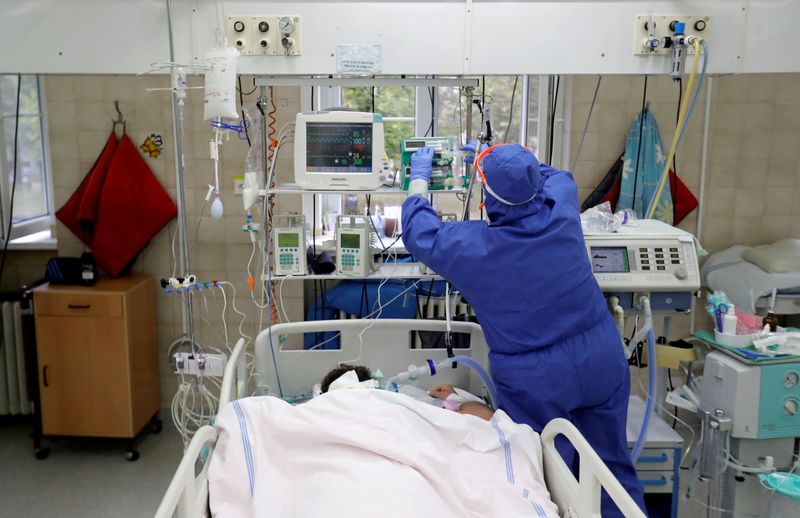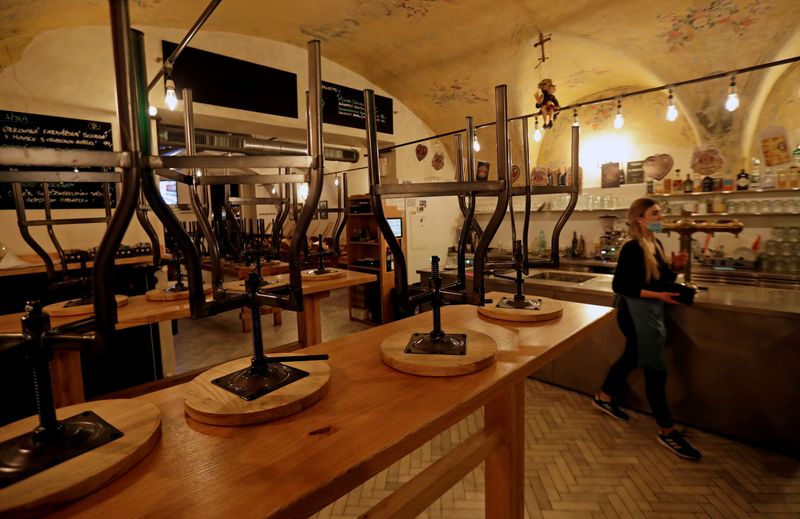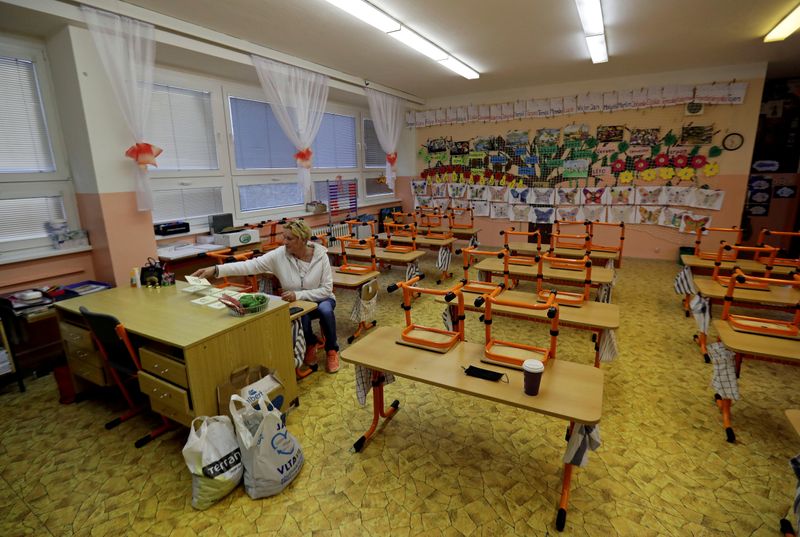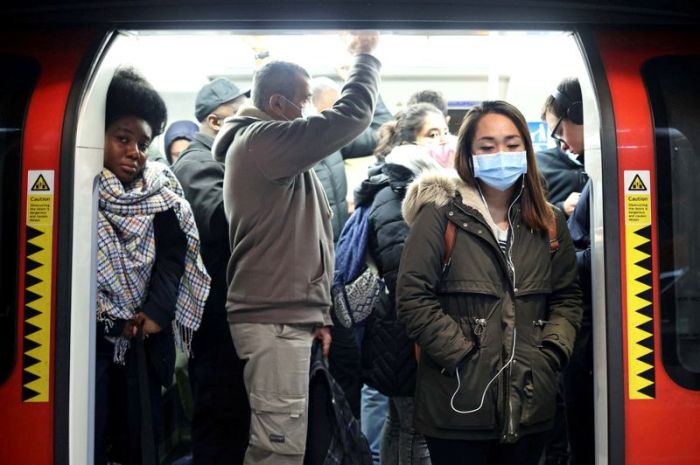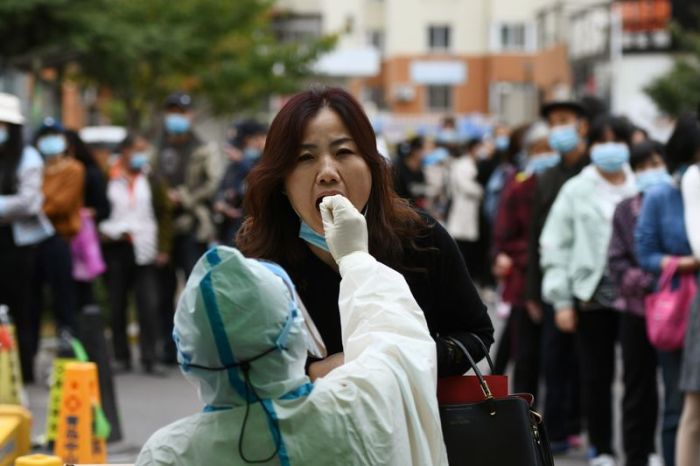PRAGUE (Reuters) – The Czech Republic will start building capacity for COVID-19 patients outside of hospitals, officials said on Thursday, as the country faces the fastest rate of infections in Europe.
Coronavirus cases have nearly doubled in October alone to a total of 139,290. The Health Ministry reported 9,544 new COVID-19 cases on Wednesday, its highest one-day tally.
The central European country has the continent’s fastest per capita rise in infections and deaths from the disease, forcing hospitals to scramble to free up space.
The Foreign Ministry said it had working agreements with the German states of Bavaria and Saxony in case hospitals get overloaded.
“We hope it will not be necessary but we want to be prepared for everything,” Foreign Minister Tomas Petricek told news site idnes.cz.
The number of patients needing care has more than doubled since Oct. 4 to 2,678, of whom a fifth need intensive care. COVID-related deaths have climbed to 1,172, up 75% this month.
The head of the Czech Medical Chamber urged doctors who have left to work abroad to return home as the number of infections among healthcare workers rises.
The government was also drawing up plans for makeshift hospitals. Interior Minister Jan Hamacek told CTK news agency the army would start building an area for 500 hospital beds at the Letnany fairground in Prague from Saturday.
The army said on Twitter that existing buildings at the site would be used and military medical staff made available.
Prime Minister Andrej Babis told reporters earlier that extra capacity was needed and that the state would purchase 4,000 beds from hospital and nursing bed maker LINET.
“We don’t have time, the outlook is not good. These numbers are catastrophic,” Babis said.
A Foreign Ministry spokeswoman told news website novinky.cz that Prague had an agreement with neighbouring Germany to use some of its healthcare capacity if needed.
Bavaria will take some Czech patients into its intensive care units, state Premier Markus Soeder said.
Earlier this week, Czech authorities closed restaurants, bars and clubs and shifted schools to distance learning.
The government has also urged people to stay at home as it seeks to avoid a full-scale lockdown.
(Reporting by Jason Hovet and Michael Kahn in Prague and Andreas Rinke in Berlin; Editing by Mark Heinrich; Editing by Richard Pullin, Mark Heinrich and Giles Elgood)

